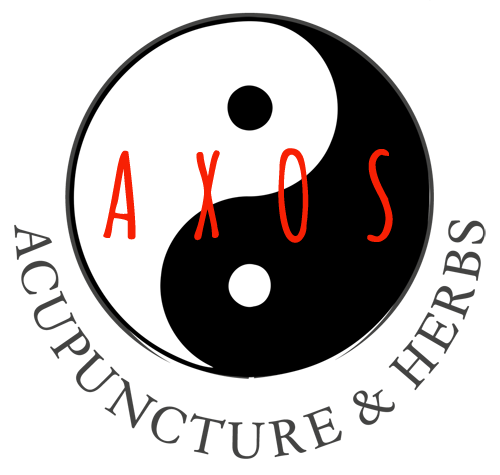Life Begins with Water II
What water to drink
Plain water is the best drink for our bodies necessary hydration. Carbonated water is highly stimulating, and being water, stimulates our Water Element (Kidney, Bladder). Carbonated water can be pleasant but it effectively becomes a diuretic, potentially causing the loss of more water than it contributes. Many find this counterintuitive, but consider that athletes do not drink carbonated water or sodas to hydrate before, or after games.
Juices are concentrates of their fruit (or vegetable) and should be used judiciously for their energetic effects. Coffee, tea, and alcohol are drying, due to their diuretic effects. Cold (iced or refrigerated) drinks (including water) can be shocking to the internal organs (which like to be at a well-regulated temperature). Cold drinks even when we are overheated (in Summer or after exercise) are best avoided. The insistent practice in American restaurants of automatically providing water with ice even during very cold weather is ill-advised. Ice cubes are a historically recent thing, and can be understood as representing a conspicuous expression of affluence: only the affluent can have ice cubes all year or be heated enough in the winter to desire them. A better offering from restaurants would be nicely filtered water at room temperature. For those strongly desiring ice, it is not hard to find, but if the desire persists it is prudent to look for issues of chronic dehydration, use of non-hydrating drinks, and particularly conditions of internal heat. Looking honestly and being open to changing personal hydration habits could strongly help prevent serious problems as varied as acid reflux, heart disease, auto-immune diseases, joint pain, depression, kidney stones, influenza, and common cold.
Selecting Water Types
Spring Water contains natural minerals; distilled water does not. Distilled water will absorb minerals out of our bodies and is useful only for purposes of detoxification (use with caution if at all, not long term).
Bottled mineral Water does contain minerals, of course. Brands are differentiated by the types of minerals that predominate, usually salty (e.g. Evian, Vichy, Apollinaris) or "sulfury" (e.g. Saratoga Spring). Salty tasting mineral water is more calming (more alkaline) while the "sulfury" tasting mineral waters are more stimulating (sulfur is traditionally used to foster transformations in the self-cultivation work known as Internal Alchemy). Other common minerals include calcium, magnesium, and potassium; these can be considered as less extreme than salty or "sulfury" and slightly calming (due to their slightly higher alkalinity). Certain brands specifically market high pH of their bottled water; more alkaline waters can be considered as slightly more calming, but major health claims may be overstated. Generally, water should be neutral or slightly alkaline (higher in pH). Tap water running through plumbing should certainly not be acidic (it can dissolve metals into the water), and overly acidic internal body conditions can underline many health problems, but purchasing bottled waters with special pH levels is not necessary. The most natural and effective methods to resolve internal acidity are to eat far more green vegetables and to regularly breathe more openly and fully (built up carbon dioxide in the blood from shallow breathing increases blood acidity).
Filtered Water can be excellent, depending on the source of the tap water and the type of filter. Avoid filters that remove all impurities (or use like distilled water, only for detoxification purposes). Some people add small unpolished stones to the water tank after filtration with the intention of adding back minerals and alkalinity. Find your own comfort zone; we prefer filters in the middle of the spectrum.
Tap Water does include minerals, but drinking unfiltered tap water should be considered carefully according to location and water treatment. Much of the world never uses tap water for drinking. Safe, drinkable tap water has provided an inestimable boon to public health, nonetheless the additives used in the process need to be considered. Choices can be (should be) personal; for example, we filter New York City water for drinking, making tea, and cooking (but not showering) and drink Connecticut well water as it comes from the ground (after testing and carefully reading report).
Overall, spring or filtered water are the best choice, sipped slowly and often, with ample use of wet-cooked foods in the diet. And don't forget to have plenty of room temperature water shortly after waking.
By Andrew Sterman
Source Golden Flower Chinese Herb New Spring 2017
